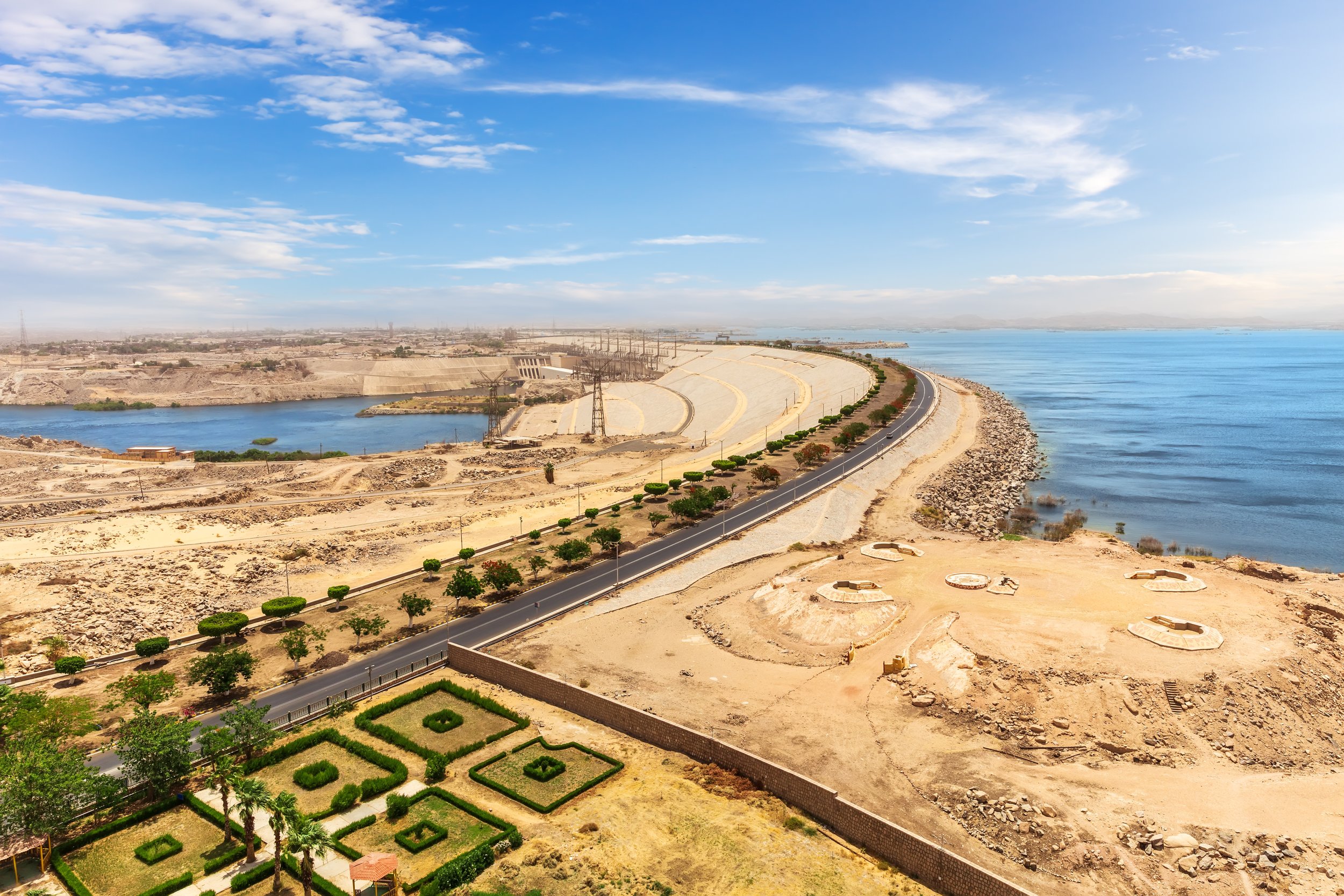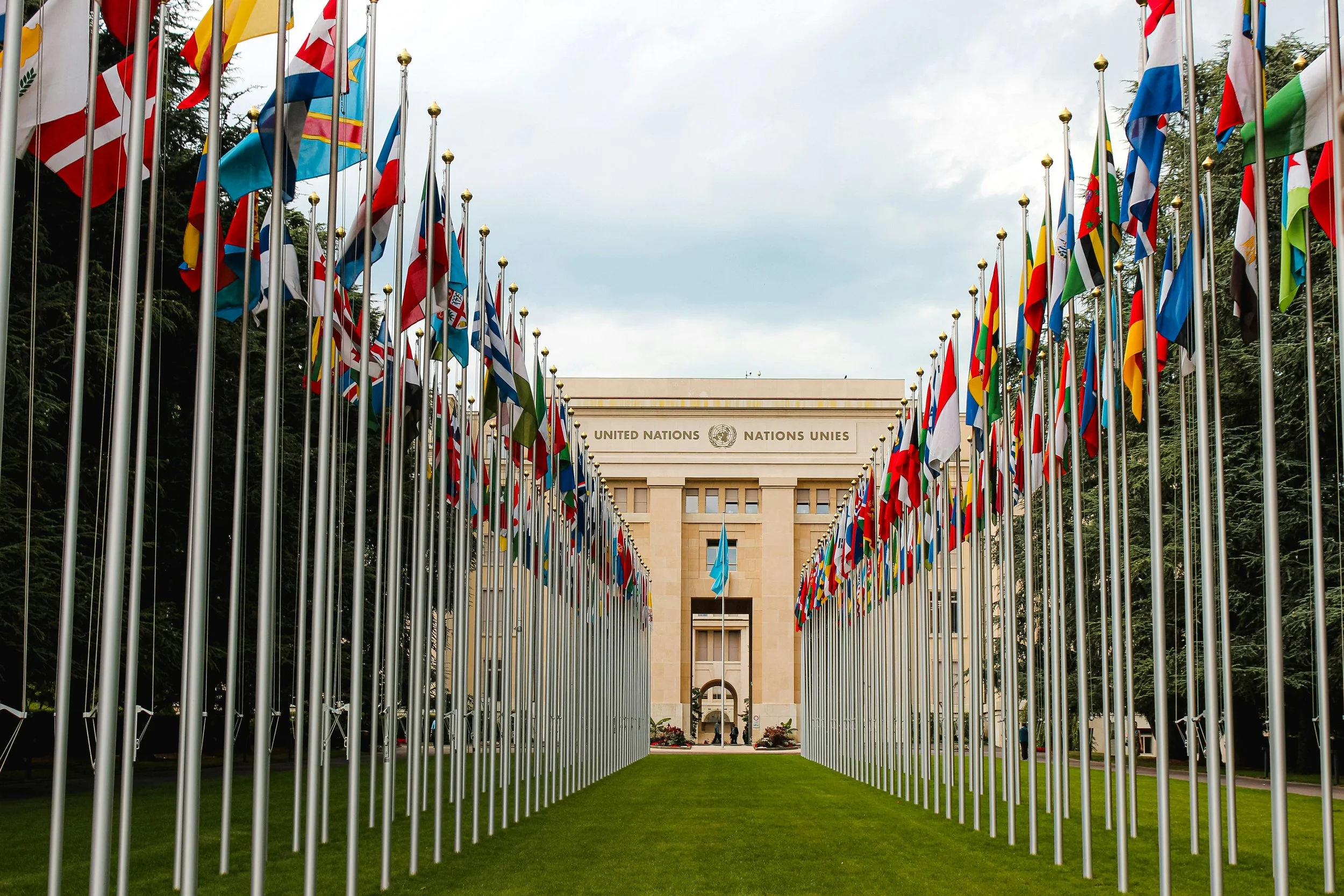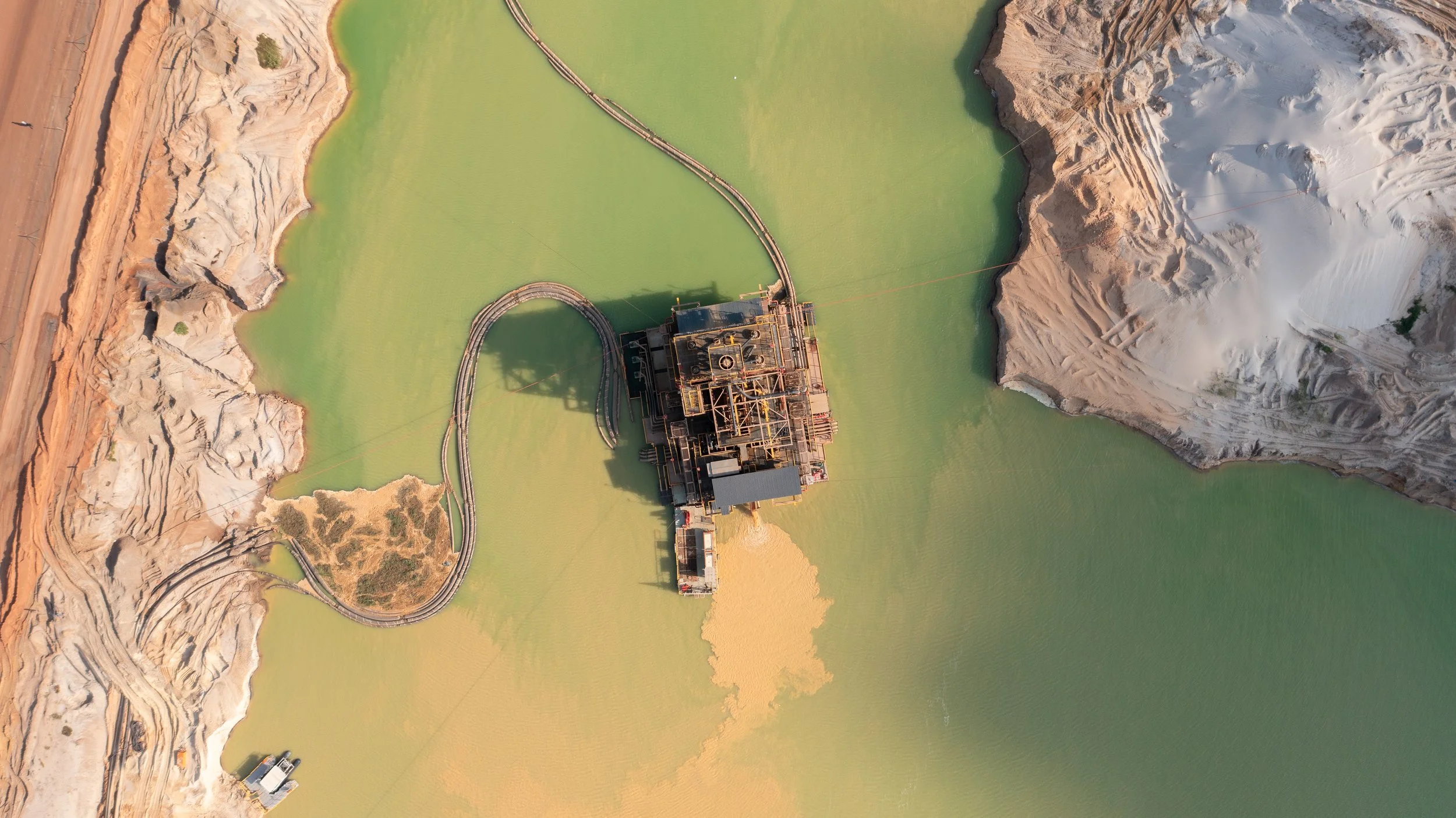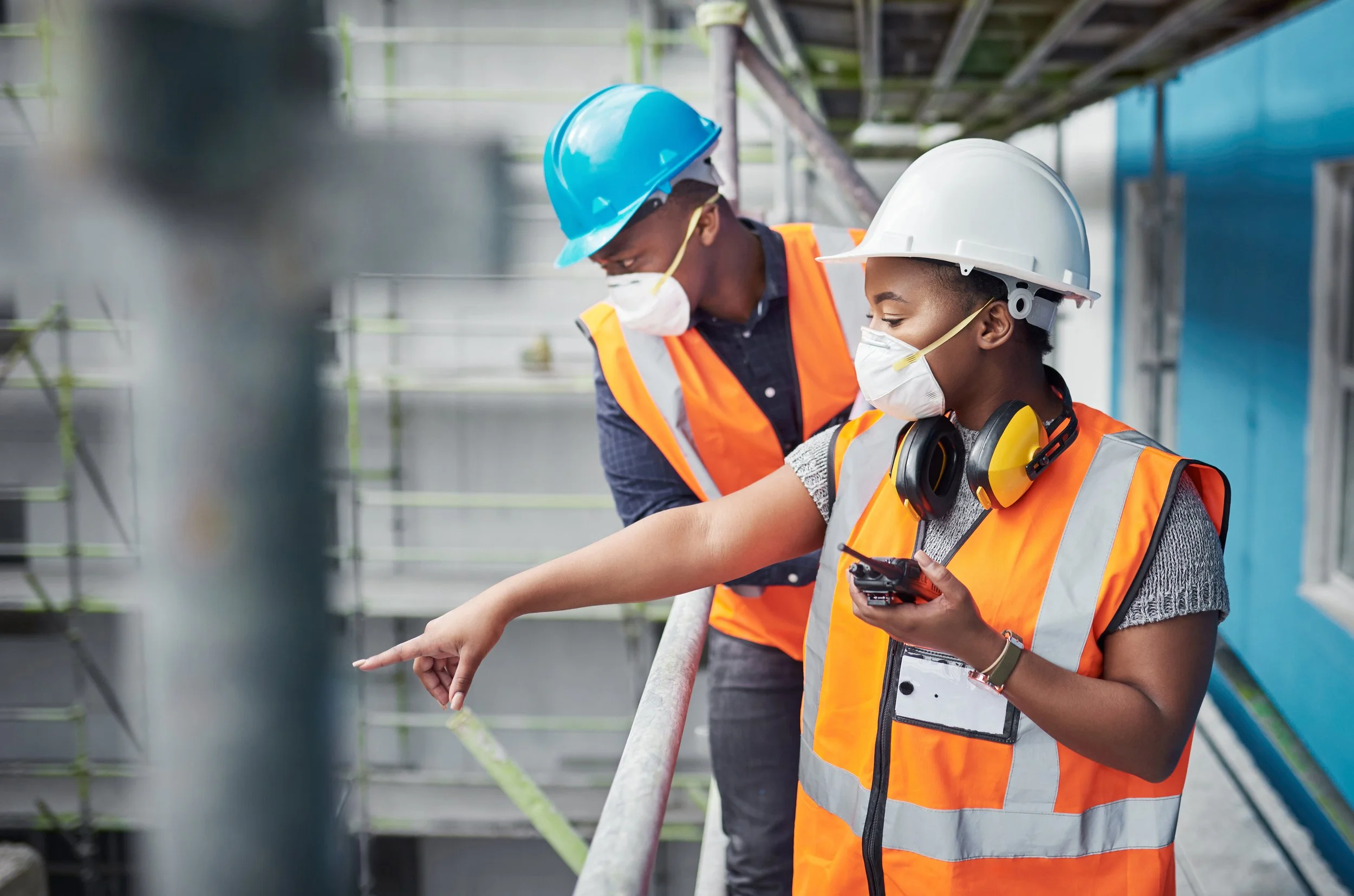
WORK PROGRAMME.
Southern Transitions is both a think tank and a do tank, focused on creating real-world impact. We work through four interconnected programs that blend policy research and advisory with stakeholder engagement and community building. Our approach spans from knowledge sharing and experimentation to on-the-ground implementation.

OUR WORK.
We identify real transition opportunities as the Global South responds to climate change, and we formulate viable business cases for building and upgrading value chains. Climate change is a global challenge: we offer technical support in multilateral processes, to empower Global South actors to negotiate across multilateral processes. Finally, we catalyze action through our living lab — a collaborative, “do-tank” that moves just transition initiatives forward.
TRANSITION OPPORTUNITIES
OBJECTIVE
Identify, characterise, and interrogate real opportunities (economic, political, and social-ecological) in the climate transition for broad, structural transformation in the Global South.
APPROACH
Combining expert inputs, embedded decision makers’ insights, and quantitative assessments to investigate, understand, and clearly communicate the state of knowledge and significant dynamics that shape the opportunity landscape and concrete option space for Global South actors at domestic, regional and international levels.
Shifting the analytical lens and orientation from risk to opportunity, and from the Global North to the Global South, towards a goal of more inclusive and integrated economic development and systems.
Informing Global South and South-North transition planning and decision-making beyond defensive thinking (i.e. only mitigating risks) to include ambitious plays aimed at unlocking equitable, actionable opportunities.

JUST TRANSITION TECHNICAL SUPPORT IN MULTILATERAL PROCESSES
OBJECTIVE
Empower Global South actors to negotiate for and advance just transitions through multilateral processes, including the climate change negotiations (UNFCCC) and the G20.
APPROACH
Providing ‘inside-track’ technical support, research, capacity building and cross-cutting interventions to Global South actors in multilateral processes.
Fostering global-level thought leadership on forward-looking avenues to unlock the necessary building blocks for Global South just transitions.
Playing a bridge-building role among Global South stakeholders and between the Global South and the Global North, enhancing alignment and cooperation, and creating a stronger Global South position to shape policy and implementation for just transitions.
BUILDING & UPGRADING VALUE CHAINS
OBJECTIVE
Formulate viable business cases for Global South countries to harness value chain upgrading opportunities in the transition.
APPROACH
Co-creating the evidence base for a knowledge hub, producing evidence and insights on Global South intersecting industrial, economic, social and ecological contexts, conditions and actions for value chain development.
Empowering public and private decision-makers to engage with global, regional and national policy and market dynamics with the aim of creating and capturing economic value domestically, as well as in multilateral partnerships and alliances.
Cultivating the knowledge and implementation field by establishing communities of practice for public, business and civil society stakeholders to engage, collaborate and build a shared understanding of value creation and capture and associated benefits, as well as necessary and enabling actions and conditions.

LIVING LAB
OBJECTIVE
Drive implementation of creative just transition initiatives in the Global South through partnerships, experimentation, and learning.
APPROACH
Complementing the thank tank with a ‘do tank’ through ‘labs’ that convene implementation partners across geographies, contexts and stakeholder groups.
Piloting and testing initiatives (policies, programmes and projects) through conceptual investigations and concrete, on-the-ground, real-world experimentation.
Creating a collaborative space for public policy and private sector experimentation (pilot projects and demonstration), incubation (project and venture support through fundraising, training, brokering), and knowledge and learning (case studies, convenings, policy briefs).




